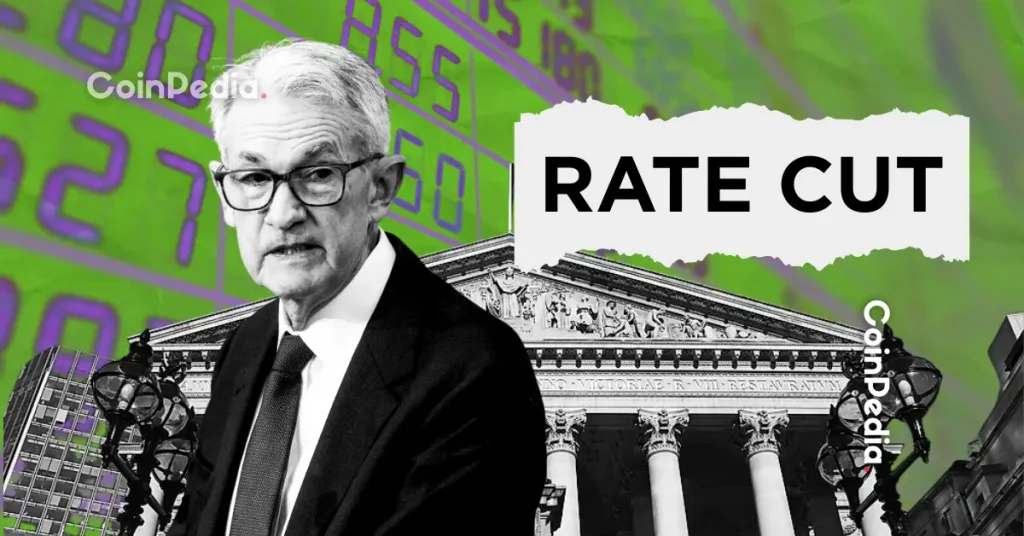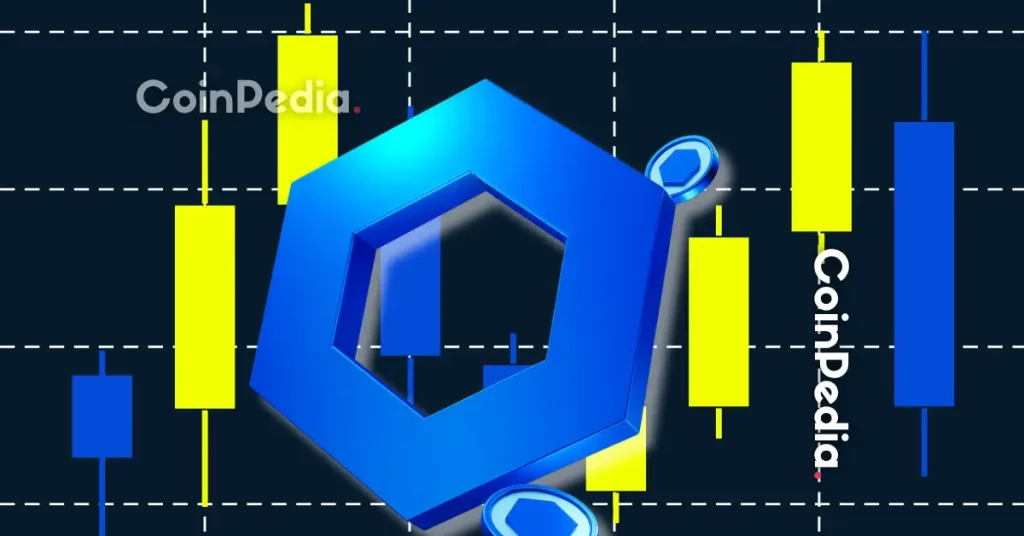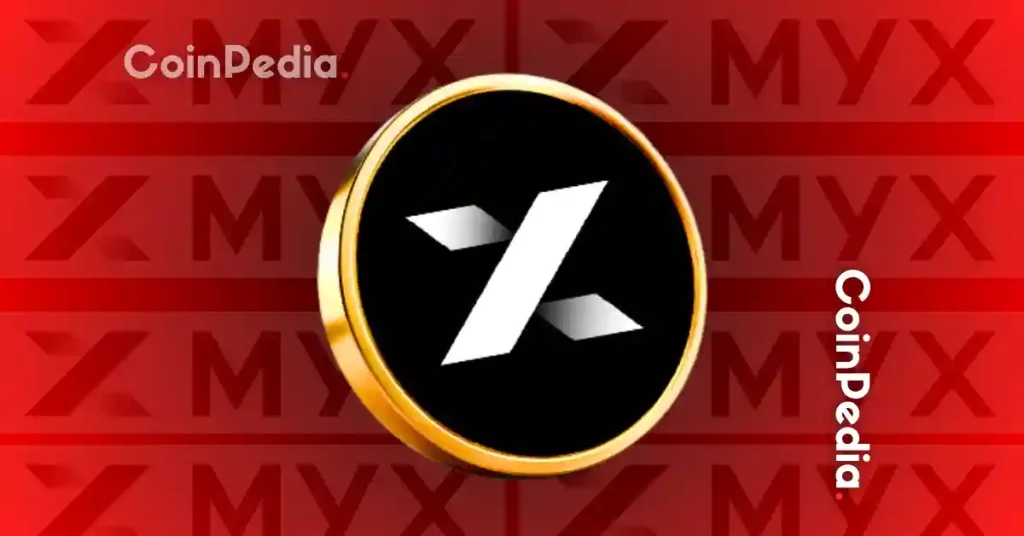
A coalition of top Swiss banks has completed a pilot that tested the feasibility of applying blockchain technology and smart contracts for interbank payments.
Swiss Bankers Association (SBA), a trade association and umbrella organisation for the Swiss financial industry, has successfully overseen a proof-of-concept involving UBS, PostFinance, and Sygnum Bank, to complete what is being called the first legally binding interbank payment executed over a public blockchain.
According to the SBA’s September 16 announcement, the pilot involved the banks issuing tokenised representations of fiat bank deposits, dubbed “deposit tokens,” and using these tokens to trigger an off-chain payment that is handled by smart contracts.
Multiple testing scenarios were involved, including a standard payment between customers of the participating banks and a more complex escrow-style transaction.
For the latter, the banks were successfully able to swap the deposit tokens for tokenised real-world assets (RWAs), entirely using smart contracts.
The transactions were carried out on the Ethereum blockchain across a permissioned setup, and it was the first time these banks had completed a legally binding transaction between two banks without relying on the traditional infrastructure.
Smart contracts will play a central role
SBA insiders touted several benefits inherent to smart contracts, such as automated execution, enhanced transparency, and reduced counterparty risk.
However, they also stressed the importance of using a permissioned framework to ensure that payments remain legally binding and compliant with regulatory standards.
At the moment, Switzerland houses a robust domestic payments network powered by technologies like the Swiss Interbank Clearing (SIC) system, but these traditional setups are not designed to handle programmable conditions or integrate easily with blockchain-based markets, the participating companies said.
The test results have confirmed the “feasibility” of upgrading the payments infrastructure using blockchain technology, but participants believe more work is needed to reach operational scale.
According to the SBA, broader implementation would require collaboration beyond the pilot banks to bring in more financial institutions, infrastructure providers, and regulatory bodies to ensure interoperability and legal clarity across jurisdictions.
Scalability challenges, such as throughput capacity, on-chain privacy, and integration with existing banking systems, were also identified as areas that require further refinement.
Based on the results, Christoph Puhr, who serves as the digital assets lead at UBS Group, believes “interoperability of bank money via public blockchains can become a reality,” which could translate into more “innovation around tokenized assets.”
Blockchain is disrupting traditional infrastructure
Blockchain as a technology has been steadily penetrating legacy financial systems across multiple use cases such as cross-border settlements, tokenized securities, programmable payments, and real-world asset (RWA) marketplaces.
Recently, the London Stock Exchange Group completed the first-ever blockchain-powered fundraising.
Elsewhere in Germany, the Boerse Stuttgart Group launched a blockchain-powered settlement platform that can handle cross-border tokenized asset trades in Europe.
Earlier this month, some UK trade groups proposed using blockchain technology as the core of a proposed tech collaboration between the US and the UK, backed by Peter Mandelson, the UK’s ambassador to Washington.
The post Swiss Banks complete first 'legally binding' interbank payment on Ethereum appeared first on Invezz















 English (US) ·
English (US) ·